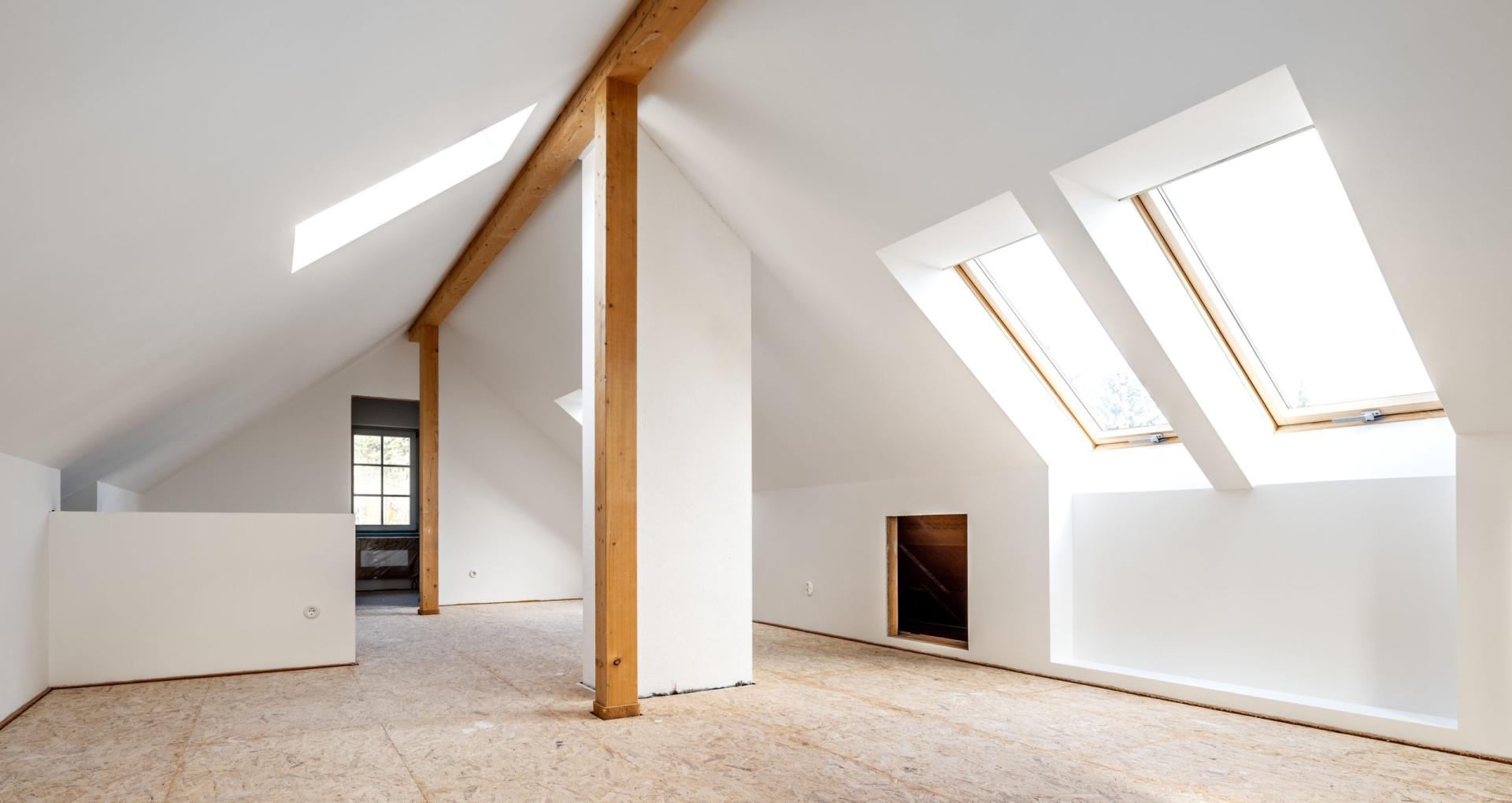When purchasing a property, you will normally find that the ownership will be leasehold or freehold. However, another term that may be used is fleecehold, which can have a different impact on property ownership and payment terms.
In this article, I’ll explain what is meant by fleecehold, freehold and leasehold, and what the differences are for buyers in Hackney.
What is Fleecehold?
Fleecehold agreements are known as a combination of freehold and leasehold terms. It usually means you own the land, but you have to pay annual or monthly fees to a third party to maintain it.
These fees are often referred to as estate fees or service charges. They usually cover the costs of maintaining things like communal gardens, private roads or play areas. You will know if the property you intend to purchase is fleecehold if it states it within the contract.
What is Freehold?
Many properties are purchased on a freehold basis, which means you purchase both the property and the land it resides on. This is typically the case when you are buying a house instead of a flat.
When you own the freehold, you are fully responsible for maintaining (and paying for) the property and its land. You also don’t pay annual fees to anyone else to maintain it.
What is Leasehold?
Purchasing a leasehold property means that you won’t own the land the property resides on, even if you purchase the property itself. Because you don’t own the land, you have to pay an annual fee to the person who does own the land (who is known as the freehold or freeholder).
Being a leasehold owner is common with flats or maisonettes where you own the apartment but not the rest of the land or the property. Typically, you can have a single net lease, a double net lease, a triple net lease and/or a ground lease. Each one gives you different responsibilities as the leaseholder, and all require some form of payment to be made annually to the freeholder.
What is the Difference Between Fleecehold, Freehold & Leasehold?
There are some key differences between fleecehold, freehold and leasehold properties. When purchasing a property, it’s important to speak to the estate agent to understand which ownership type the property has.
With a leasehold property
Pay an ongoing fee (usually annual) to the freeholder for maintenance
Have limited responsibilities around maintaining the property and its land – which are defined in the leasehold agreement
When purchasing a freehold property
Own the property and the land it resides on
Are fully responsible for the maintenance of the property and its land
With a fleecehold agreement
Own the property and its land
Pay ongoing fees to a third party to pay for maintenance of some of the property grounds, like private roads leading up to the property or communal gardens and play areas
Are You Buying in Hackney?
Understanding the differences between freehold, leasehold, and fleecehold is important when buying a property, but the details can be complicated.
If you’re buying a property in Hackney, Amar Mustafa - The REAL Estate Agent is your local property expert. I am here to help you find the perfect home for your situation.
Give me a call today on 020 3150 5007 or email at amar@therealagent.co.uk to find out more about Hackney properties.
Frequently Asked Questions About Fleecehold Agreements
How do fleecehold agreements in Hackney impact council tax?
Fleecehold agreements may include property maintenance charges, but council tax is generally separate and payable directly to the local authority. Confirm the specific terms in your agreement to understand the breakdown of responsibilities.
Are local authorities involved in fleecehold agreements?
Local authorities are not directly involved in fleecehold agreements. These agreements typically involve payments to a third-party management company for property maintenance, covering aspects like communal gardens and private roads.
Do mortgage lenders have specific considerations for properties with fleecehold agreements?
Mortgage lenders may have specific criteria for properties with fleecehold agreements. It's crucial to inform your lender about the terms and ensure they approve of the arrangement to proceed with your property purchase.
How are estate charges different from maintenance charges in fleecehold agreements?
Estate charges in fleecehold agreements often refer to fees for maintaining communal areas, while maintenance charges cover broader property upkeep. Understanding these distinctions is essential for buyers in Hackney to make informed decisions during the property purchase process.






Share this with
Email
Facebook
Messenger
Twitter
Pinterest
LinkedIn
Copy this link